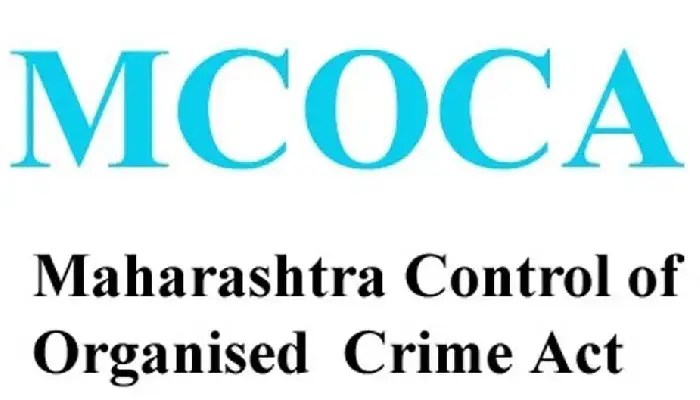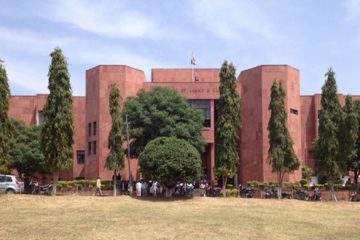MCOCA Act: A Vital Tool Against Organized Crime

Introduction to the MCOCA Act
The Maharashtra Control of Organised Crime Act (MCOCA), enacted in 1999, is a critical piece of legislation in India aimed at combating organized crime and terrorism. With the rising threat from organized criminal syndicates and their operations, MCOCA was introduced to strengthen law enforcement agencies’ capabilities in preventing such activities. As crime becomes more sophisticated, the relevance of MCOCA increases, underscoring the need for legal frameworks that empower authorities to tackle serious criminal offenses efficiently.
Key Features of MCOCA
MCOCA grants law enforcement agencies various powers to investigate, detain, and prosecute individuals involved in organized crime. Some of its significant features include:
- Definition of Organized Crime: The Act defines organized crime in detail, encompassing various activities such as human trafficking, drug trafficking, and extortion.
- Preventive Detention: Authorities can detain suspects for an extended period without formal charges if they are deemed to be a threat to public safety.
- Admissibility of Evidence: The Act allows for the admissibility of electronic evidence, which can be critical in cases where traditional physical evidence is scarce.
- Interception of Communication: Law enforcement agencies are empowered to intercept and monitor communications of individuals suspected of organized crime.
Recent Developments and Applications
In recent years, MCOCA has been applied in high-profile cases to curb activities of notorious gangs and terrorist organizations. Its application has led to a significant reduction in organized crime rates in various regions of Maharashtra, and it has served as a model for other states in India that face similar criminal challenges.
In 2023, reports indicated that MCOCA was invoked in multiple cases involving drug trafficking syndicates operating in Mumbai. The proactive use of MCOCA has enabled authorities to dismantle gangs that were otherwise operating with impunity.
Conclusion
The MCOCA Act has become an essential tool for law enforcement in India, emphasizing the importance of legislative measures in tackling organized crime. It equips agencies with the tools necessary to combat rising threats effectively. As crime continues to evolve, the Act may see amendments and updates to address new challenges, ensuring that it remains relevant in the fight against organized criminal activities. For Indian citizens, understanding the implications of MCOCA can help them appreciate the complexities of crime fighting and the legal frameworks that protect public safety.









